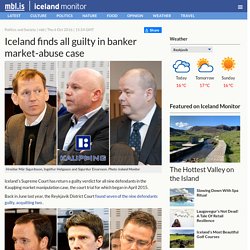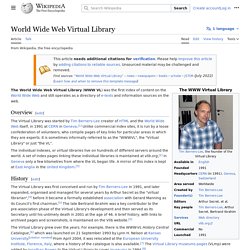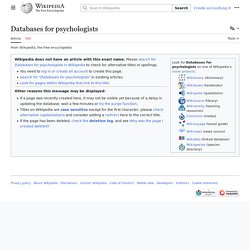

Iceland finds all guilty in banker market-abuse case. Iceland’s Supreme Court has return a guilty verdict for all nine defendants in the Kaupþing market manipulation case, the court trial for which began in April 2015.

Back in June last year, the Reykjavik District Court found seven of the nine defendants guilty, acquitting two. Birnir Sær Björnsson, Einar Pálmi Sigmundsson and Pétur Kristinn Guðmarsson. Photo: Iceland Monitor By fully financing share purchases with no other surety than the shares themselves, the bankers were accused of giving a false and misleading impression of demand for Kaupþingi shares by means of deception and pretence. The Supreme Court has now overturned the acquittals, finding Björk Þórarinsdóttir (credit representative at Kaupþing) and Magnús Guðmundsson (former CEO of Kaupthing Luxembourg) also guilty alongside the other seven. Magnús Guðmundsson, Bjarki Diego and Björk Þórarinsdóttir. No punishment has been handed out to Þórarinsdóttir and Guðmundsson, however. PDF Archive - Free PDF file hosting - PDF to Tweeter - Share, Secure & Repair PDF documents. Open Content Program (The Getty) The Getty makes available, without charge, all available digital images to which the Getty holds the rights or that are in the public domain to be used for any purpose.
No permission is required. For additional information please see the related press releases, as well as overviews of each phase of the program on The Getty Iris. Why Open Content? The Getty adopted the Open Content Program because we recognized the need to share images of works of art for free and without restriction, so that all those who create or appreciate art—scholars, artists, art lovers, and entrepreneurs—will have greater access to high-quality digital images for their studies and projects. Art inspires us, and imagination and creativity lead to artistic expressions that expand knowledge and understanding. What's in Open Content? Access to Open Content Images All of the images can be found on Getty Search Gateway, and the J. Open content images are identified with a "Download" link. Library of Congress Online Catalogs. The WWW Virtual Library. World Wide Web Virtual Library.
The World Wide Web Virtual Library was the first index of content on the World Wide Web and still operates as a directory of e-texts and information sources on the web.

It was started by Tim Berners-Lee, the creator of HTML and the World Wide Web itself, in 1991 at CERN in Geneva. Unlike commercial index sites, it is run by a loose confederation of volunteers, who compile pages of key links for particular areas in which they are expert. It is sometimes informally referred to as the "WWWVL", the "Virtual Library" or just "the VL".
The individual indices, or virtual libraries live on hundreds of different servers around the world. A set of index pages linking these individual libraries is maintained at in Geneva only a few kilometres from where the VL began life. The central affairs of the Virtual Library are co-ordinated by an elected Council. The World Wide Web Virtual Library participated in the SOPA protests on January 18, 2012.[1] History[edit] See also[edit] References[edit]
Psychology Research Databases. Online collection of video available for the study of counseling, social work, psychotherapy, psychology, and psychiatric counseling.

Includes three volumes. Volume 1: More than 400 hours of training videos, reenactments, and footage of actual therapy sessions conducted by renowned counselors, psychiatrists, psychologists, and social workers. Contains videos from 1985-2010. Provides an invaluable firsthand look at the realities of working with clients and the challenges associated with putting theoretical concepts into practice. Volume 2: More than 300 additional hours of training videos, reenactments, and footage of actual therapy sessions conducted by renowned counselors, psychiatrists, psychologists, and social workers. Volume 3: Presents a firm grounding in the theoretical modalities of counseling and psychotherapy, while expanding into new and emerging areas such as social media, veterans, cyber-bullying, mindfulness, and neuroscience.
Access restricted to University of Connecticut. Databases for psychologists. Databases for psychologists From Wikipedia, the free encyclopedia Jump to: navigation, search There are a number of databases that psychologists use to access the knowledgebase of their science.

They include: PubMed PubPsych PsycINFO PsycARTICLES PsycFIRST PsycSCANs Online Cochrane Library Psychological Abstracts PsycLit Science Citation Index Social Sciences Citation Index Retrieved from " Categories: Navigation menu Personal tools Namespaces Variants Views Actions.